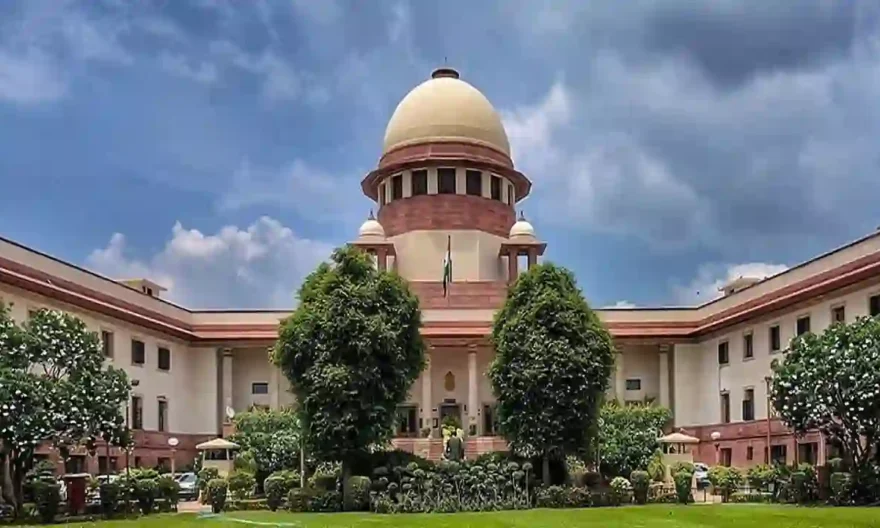
The Supreme Court expressed its displeasure on Tuesday with various states for failing to file affidavits on time in response to a petition seeking to enforce fundamental duties.
A bench led by Justice Sanjay Kishan Kaul noted that the affidavits were submitted only one day before the scheduled hearing. The court made the observation after learning that various states had not filed their replies.
The Supreme Court was hearing a petition filed by Durga Dutt. Advocate Karunakar Mahalik appeared for the petitioner, seeking the enforcement of fundamental duties enshrined in the Constitution, as well as guidelines for taking appropriate and adequate steps to sensitise the people and spread general awareness among citizens regarding the performance of fundamental duties under the Constitution of India.
The matter is set for further hearing on March 28, 2023.
The petitioner has requested that the Respondents direct the enactment of appropriate legislation for the effectuation and implementation of Fundamental Duties as needed.
The petitioner, Advocate-On-Record of the Supreme Court, Dutt, stated that he filed the petition in the public interest, “for issuance of directives ensuring adherence to the mandates as postulated under Part IV-A of the Constitution of India because non-adherence to the same has a direct bearing on the exercise and enjoyment of the Fundamental Rights guaranteed under Articles 14, 19, and 21 of the Constitution of India for formulation and operationalization of appropriate scheme providing incentives to the citizenry for their adherence.”
The petitioner contended that the Fundamental Duties are meant to serve as a constant reminder to every citizen that, while the Constitution specifically confers certain Fundamental Rights on them, it also requires citizens to observe certain basic norms of democratic conduct and democratic behaviour because rights and duties are correlative.
The petitioner has asked for “directions to the respondents to make comprehensive, well-defined laws/rules effectively ensuring adherence to the provisions of Part IV-A of the Indian Constitution and requiring citizens to perform their fundamental duties properly.”
Dutt also demanded that the Court’s directive be fully implemented “in the true spirit of providing incentives to citizens for operationalization, enforcement, and sensitization regarding the implementation of Fundamental Duties.”
The petitioner also sought the formation of an independent High-Powered Committee, led by a retired Chief Justice or Judge of this Court or a High Court, and comprised of distinguished citizens from various fields/professions, concerned officials of the stakeholders, and the Respondents, to scrutinise and review the entire legal framework relating to the effective implementation of Part IV-A of the Indian Constitution.
It also sought to direct the Respondents Union of India and State Governments to ensure the performance/discharge of Fundamental Duties by all who are entitled to fundamental rights under Part III of the Constitution of India.




